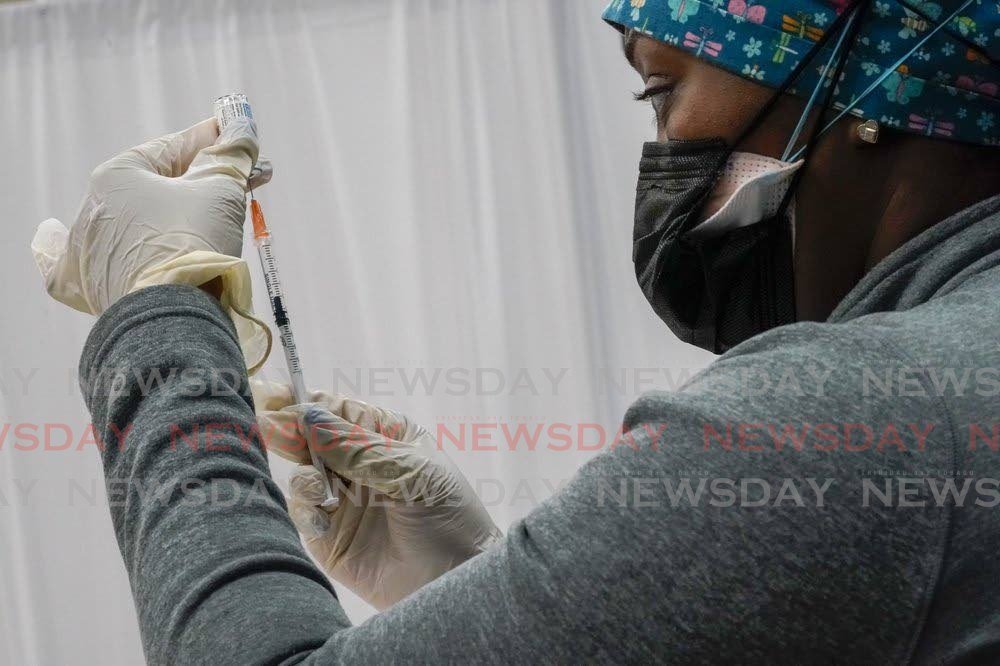Getting those welcome vaccines into arms

The tone of Saturday's press conference updating TT about covid19 was modestly upbeat – surprisingly modest – considering the glad tidings the Prime Minister had to share.
He declared himself "a little happier today with respect to the major issue we have been fighting for the last three months."
Dr Rowley’s hopes were inspired by a significant ramping up of vaccinations, scheduled to begin this week in advance of the expected shipments.
The surge in infections seems – on the basis of the statistics offered by epidemiologist Dr Avery Hinds – to have fallen short of the worst possibilities that his earlier graphs warned of. But the situation is still far from levelling off.
Dr Rowley announced that two payments for vaccines had been made. It appears additional doses will be coming, starting next month, from Sinopharm and the African Medical Supplies Platform, which supplies Johnson & Johnson, Sputnik-K and Pfizer vaccines as part of its continent-wide response to the coronavirus.
Health Minister Terrence Deyalsingh announced the start of the second round of AstraZeneca vaccinations for those who have already had their first dose.
But the progress of the vaccination rollout so far has shown that good intentions and outline plans alone are not enough.
Given the continuing confusion surrounding the largely overwhelmed appointment system, how confident can the public be about receiving the promised call from the Health Ministry giving them a new appointment for a second dose, which is supposed to require no further intervention on their part?
There are still people who have tried and failed repeatedly to get an appointment for the first round of vaccination.
In addition, the extension of curfew hours for the two public holidays this week have already meant that vaccinations planned for those days have had to be rescheduled.
There needs now to be a clear difference in how the government approaches the growth in capacity and organisation that the planned mass vaccinations will demand.
These missteps cannot be repeated in the planned mass vaccinations that the government plans to host at a small number of locations in the east, north, south and west of Trinidad (Tobago makes its own arrangements, and there, of course, smaller numbers are involved).
Thanks to the vaccinations that began on April 6, the country now has more than 60,000 people who have had the first dose of the AstraZeneca vaccine and good reason to be keen to have the second.
That's going to call for a greater focus on managing appointments and the concerned crowds that will be part of this phase of the programme.
It isn't enough to talk about getting vaccines into as many arms as possible: there has to be a robust, functional system in place to support that ambition.


Comments
"Getting those welcome vaccines into arms"